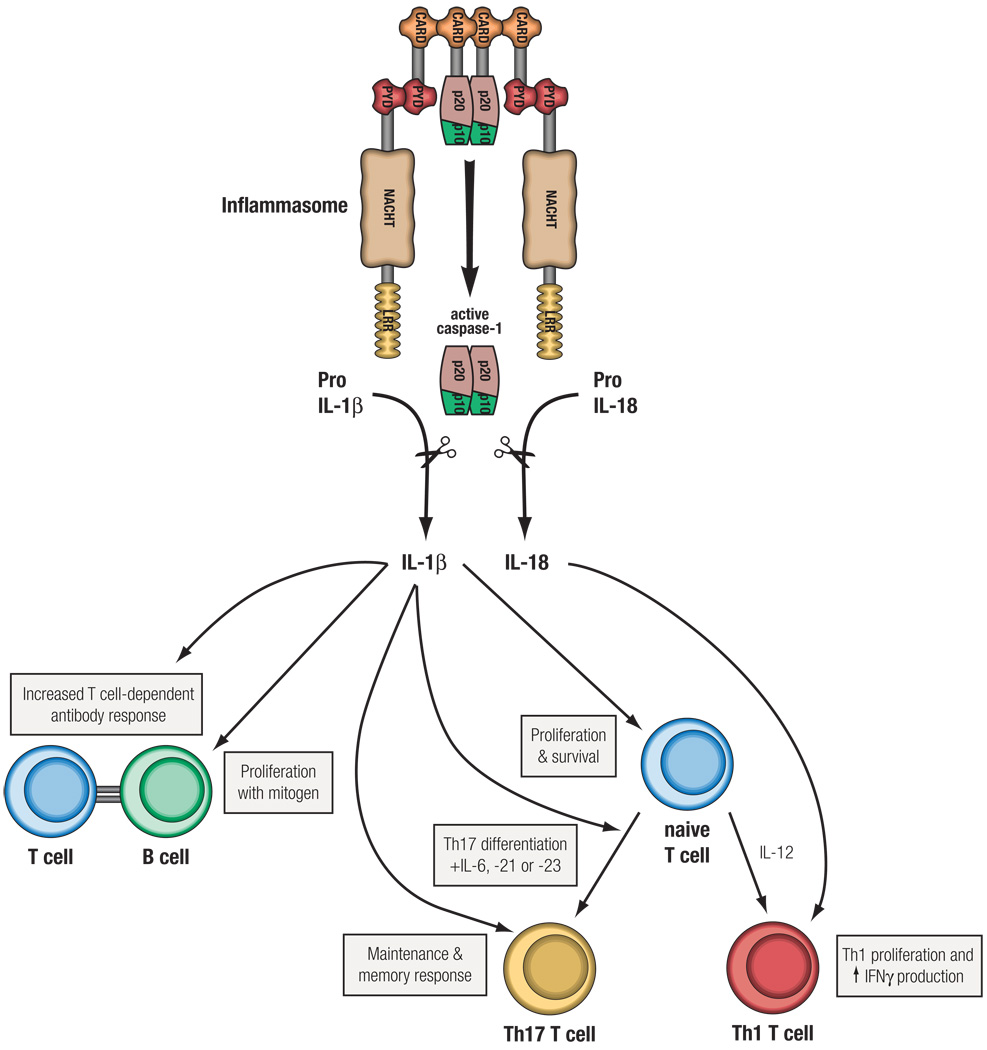Figure 2. The influence of inflammasome activation on adaptive immunity.
Activation of the inflammasome results in the cleavage of proIL-1β and proIL-18 into their biologically active forms, IL-1β and IL-18, which can shape adaptive immune responses in a number of ways. IL-18, formerly known as IFNγ-inducing factor, enhances Th1 cell proliferation and production of IFNγ; IL-1β can enhance naïve T cell survival and proliferation, via upregulation of the IL-2 receptor. Additionally, a role for IL-1R signaling in Th17 cell differentiation and homeostasis has recently been reported83. Humoral responses can also be enhanced by IL-1β, either directly via increased B cell proliferation or indirectly by upregulation of co-stimulatory molecules on T cells. Therefore, activation of the inflammasome can significantly affect an adaptive immune response through the cleavage of IL-18 and IL-1β.

